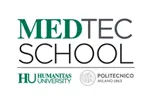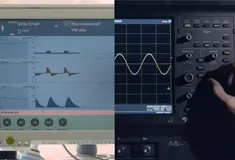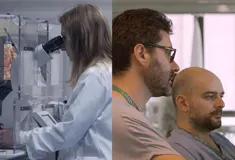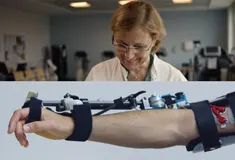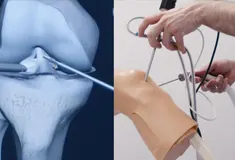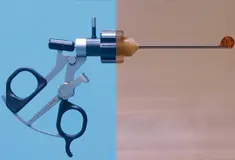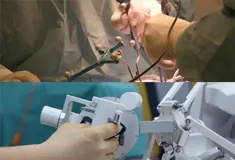Humanitas University’s mission is to train globally minded healthcare professionals through state-of-the-art interactive teaching methods and close integration with its clinical and research community.
The pillars of Humanitas University’s project are:
- A 14-year-strong legacy
- Strict interconnection with Humanitas first rate hospital facilities and cutting edge research
- International vocation
- State-of-the-art interactive teaching methods
The courses integrate the prestigious Italian academic tradition with carefully structured innovative teaching methods and professional activities, investing in clinical and scientific research and technologies in order to offer the best education possible.
Today, Humanitas University hosts more than 2500 students, of which 200/year in the Medical school, 100/year in the MEDTEC School and more than 300/year students for Health Professions courses.
About the Course
Precision medicine, big data, A.I., nanotechnologies, surgical robots, 3D printing and bio-prosthesis: this degree course will enable a doctor to treat patients through the management of technological developments in medicine and related sectors, including disease prevention and treatment, patient rehabilitation and the development of innovative diagnostic and therapeutic solutions.
The degree programme aims to train professionals who will be able to apply medical and technological know-how as a means of providing innovative and quality medicine. In a global context of increasing complexity, technological innovation makes it possible to improve the quality of life in a sustainable way, innovating care and humanising the doctor-patient relationship.
The six-year year MEDTEC School programme at Humanitas University is completely taught in English and is organised in partnership with Politecnico di Milano. The programme strongly focusses on enhancing the medical skills of a doctor through the integration and acquisition of the basic competences and approaches relevant to Biomedical Engineering.
Students gain expertise in advanced technologies like AI, nanotech, and surgical robotics, and receive both an MD and a Bachelor's in Biomedical Engineering. The program focuses on precision medicine, personalized therapies, and the application of technology in clinical care, preparing graduates for diverse careers in medical technology and innovation.


